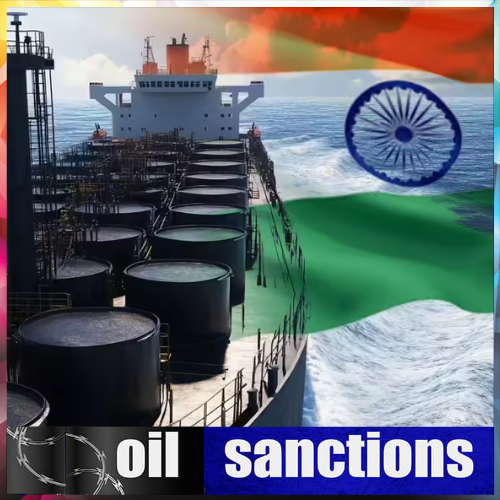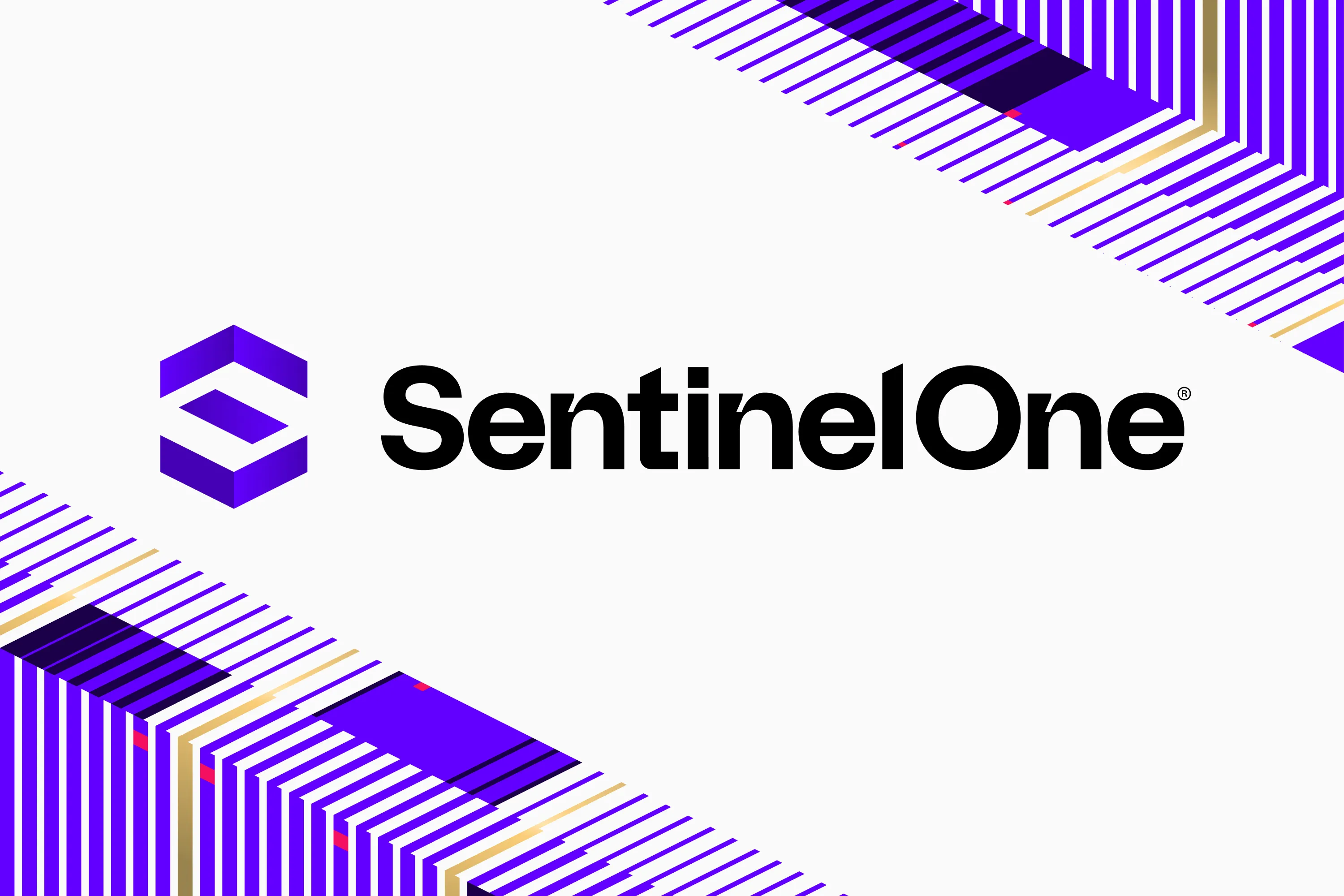
State-run refiners are expected to continue importing Russian crude through intermediary traders based outside the sanctions network, even as Reliance Industries may reassess its direct purchases following new US sanctions on Rosneft and Lukoil
The latest round of US sanctions on Russia’s top oil producers, Rosneft and Lukoil, is set to disrupt India’s Russian crude imports — particularly for Reliance Industries Ltd (RIL), which sources say may need to recalibrate its buying strategy. Meanwhile, state-owned refiners are expected to continue sourcing Russian oil through intermediary traders based outside the sanctions net.
Reliance faces recalibration challenge
RIL, led by billionaire Mukesh Ambani, is India’s largest buyer of Russian crude, accounting for nearly half of the country’s 1.7 million barrels per day of imports from Moscow. The company signed a long-term deal with Rosneft in December 2024 to import up to 500,000 barrels per day for 25 years. However, the latest sanctions imposed by the US Treasury’s Office of Foreign Assets Control (OFAC) on Rosneft and Lukoil may force Reliance to review this agreement.
In contrast, India’s public-sector refiners, including Indian Oil Corporation (IOC), Bharat Petroleum (BPCL), Hindustan Petroleum (HPCL), and Mangalore Refinery (MRPL), source Russian oil mainly through European, Dubai, and Singapore-based traders — entities currently outside the US sanctions radar. These refiners typically buy via tenders rather than term deals.
Wider implications for Indian refiners
Nayara Energy, partly owned by Rosneft, may also need to adjust its sourcing strategy after being sanctioned by the European Union. Industry analysts note that while the sanctions may appear stringent, markets have not reacted sharply — oil prices rose only by about USD 2 per barrel, suggesting traders believe Russian crude will continue to find buyers through alternate routes.
For Reliance and MRPL, the EU’s upcoming ban on imports of fuels refined from Russian crude — effective January 2026 — poses an additional challenge. Both companies export fuels such as petrol and diesel to Europe, meaning they may have to reduce Russian crude intake to maintain access to EU markets.
Despite the tightening sanctions, Indian government sources indicated there has been no directive to halt Russian imports. However, with private and state refiners reassessing strategies, Russian crude flows to India are expected to gradually decline in the coming months.
See What’s Next in Tech With the Fast Forward Newsletter
Tweets From @varindiamag
Nothing to see here - yet
When they Tweet, their Tweets will show up here.





























